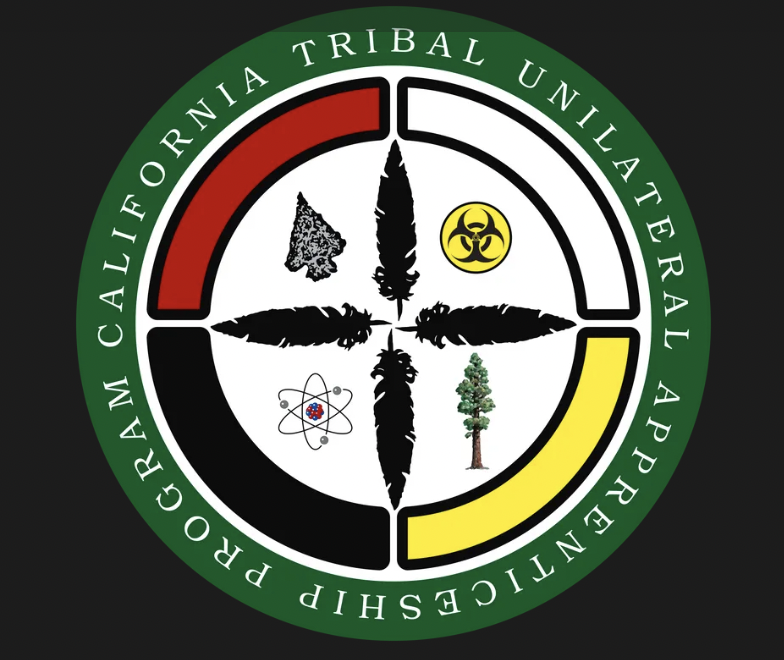
- Details
- By Jenna Kunze
Indigenous students in California interested in forestry, natural resource management, and emergency and environmental response and recovery industries can look to two new opportunities offered by the California Tribal Unilateral Apprenticeship Program.
The California Tribal Unilateral Apprenticeship Program is offering students a postsecondary study or the opportunity to work towards their Associates Degree through the Environmental Science & Protection Technician Apprenticeship Program.
The specific program focuses on Federal Emergency Management Agency (FEMA), Occupational Safety and Health Administration (OSHA), and additional safety and training certifications related to natural disaster management, general forestry training, and cultural awareness, according to the organization’s website. Additional classes in archeology, American Indian Studies, and Indian Law—with specificity to the Native American Graves Protection and Repatriation Act—will be offered.
Interested students can apply online at the California Tribal Unilateral Apprenticeship Program’s website by filling out their contact information, a biography, and a short message about why they are interested in the program.
More Stories Like This
Bard College Center for Indigenous Studies (CfIS) Hosts Annual Symposium With Keynote Speaker Miranda Belarde-Lewis on March 9–10American Indian College Fund Announces Spring 2026 Faculty Fellow Cohort
Navajo Nation Signs $19 Million Diné Higher Education Grant Fund Act into Law
Dr. Shelly C. Lowe to Be Inaugurated as IAIA President March 26–27
Tlingit Language Courses Expand for Students to Learn With Families At-Home
Help us defend tribal sovereignty.
At Native News Online, our mission is rooted in telling the stories that strengthen sovereignty and uplift Indigenous voices — not just at year’s end, but every single day.
Because of your generosity last year, we were able to keep our reporters on the ground in tribal communities, at national gatherings and in the halls of Congress — covering the issues that matter most to Indian Country: sovereignty, culture, education, health and economic opportunity.
That support sustained us through a tough year in 2025. Now, as we look to the year ahead, we need your help right now to ensure warrior journalism remains strong — reporting that defends tribal sovereignty, amplifies Native truth, and holds power accountable.
 The stakes couldn't be higher. Your support keeps Native voices heard, Native stories told and Native sovereignty defended.
The stakes couldn't be higher. Your support keeps Native voices heard, Native stories told and Native sovereignty defended.
Stand with Warrior Journalism today.
Levi Rickert (Potawatomi), Editor & Publisher


